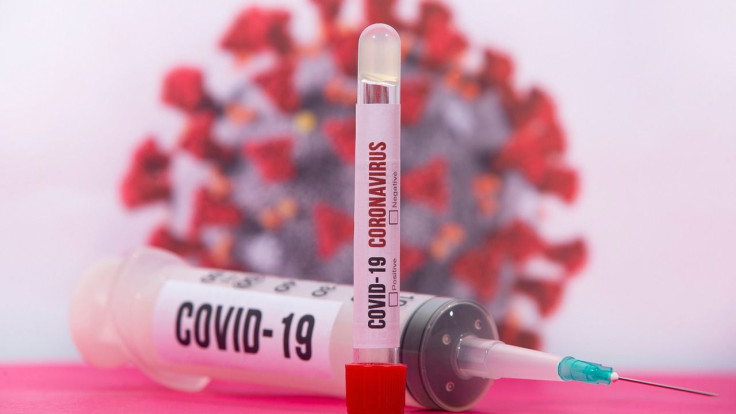Russia Reveals Suspicious Plans For Vaccine By Early August In Possible Kremlin Propaganda Move

A CNN report Tuesday about plans in Russia to have a COVID-19 vaccine by Aug. 10 or earlier has raised questions about the secretive country spreading misleading boasts about a potential vaccine . The report also raises concerns that Moscow is dismissing necessary precautions in the race for a treatment.
There have been no verified reports from independent news media about Russia's potential vaccine. CNN reporter Matthew Chance noted there has been "tightly controlled" access to the Moscow-based Gamaleya Institute, where the vaccine is reportedly being developed. Exclusive video footage from the Gameleya Institute was given to CNN, while the institute denied access to the U.S.-based news outlet to shoot its own footage.
Russian state-controlled news agency RIA reported in mid-July that the early results from its small-scale human trial had shown it to be safe for use. However, questions have surrounded the research after reports that Alexander Ginsburg, the director of the Gameleya Institute, injected himself with the vaccine before human trials.
Meanwhile, there has not been scientific data disclosed about vaccine testing despite targeting an Aug. 10 approval date. Since the start of the pandemic, U.S. public health experts claimed it would take at least a year to 18 months for a vaccine.
New vaccine developments from Russia come days after security officials from the United States, Canada and the United Kingdom accused Russian hackers of attempting to steal vaccine information.
Russia has long been scrutinized for propaganda efforts, so unexpectedly and suspiciously quick results for a vaccine could be viewed as the Kremlin promoting its scientific advancements or an attempt to distract from its own failures to handle the pandemic. In the early stages of the outbreak, state-controlled media downplayed the virus, with the government waiting until late March to implement lockdown policies.
A report from investigative newspaper Novaya Gazeta alleges that Russian officials could be underreporting the number of deaths from the virus.
Russia, which has a population of about 146 million, has the fourth-highest number of infections worldwide, with over 822,000 cases and 13,483 deaths, according to data from Johns Hopkins University.
There are reportedly over 100 possible vaccines being developed around the world. A vaccine developed by Oxford University in the U.K. and drug giant Astrazeneca showed promising results in producing an immune response during trials earlier this month.
© Copyright IBTimes 2025. All rights reserved.





















